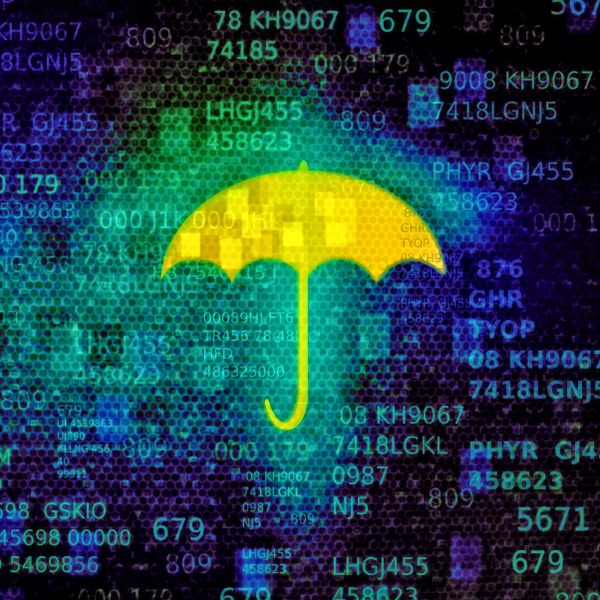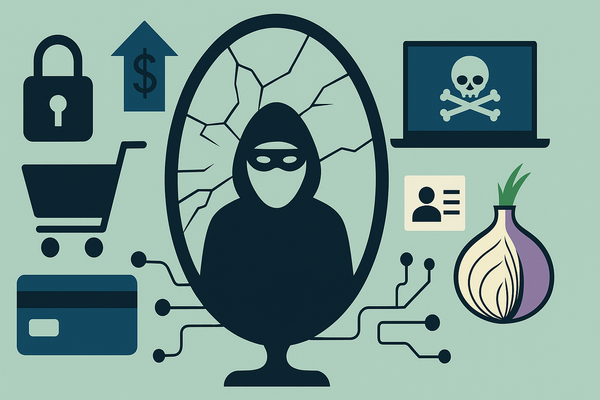Insurance industry jumps on IoT bandwagon

Home insurers are taking a page from the car insurance book and starting to offer smart home programs which encourage customers to allow some degree of household monitoring in exchange for cheaper premiums.
Insurers could soon adopt smart home technology as a result of consumer demand and a growing interest from the industry, according to Insurance Business, an industry magazine. An NTT Data report cited by the publication found that 59% of surveyed home carriers say they’re making “strong progress” adding smart home technology to their coverage while 77% of those carriers are expanding their IoT initiatives.
Giving up privacy for cheaper premiums
In other words, if this hasn’t happened already, your home insurer might soon propose that you allow the installation of risk-reducing and home monitoring smart devices (such as security cameras, or a device that collects data about your water consumption, for example). In exchange, you might get a more advantageous premium.
It’s somewhat similar to black box car insurance, also known as telematics, or pay as you go car insurance, where you let the insurer fit your car with a small device that monitors your driving habits.
Some insurance companies already adjust their premiums if certain IoT devices are used to provide personal health and home security data, from FitBit bands to smart toothbrushes to Nest thermostats.
In some cases, customers may qualify for a smart home insurance program without the need to install new smart devices, as they may have already adopted home digitization products. The insurance company may ask them to agree to share data from their smart thermostat or their home surveillance system, for example.
Actually, the NTT Data study found that, while many insurers are still trying to figure out which way to go, people who have already installed smart home devices are those pushing for their insurance to respond.
There’s a certain type of customer open to smart home insurance programs, the report says: young, tech savvy, not very loyal to their current insurer and searching for lower prices. Such customers are also willing to look at insurance plans from non-traditional providers like Apple, Samsung or General Electric, says the report. Those poled think technology companies are better positioned for the future smart home security market.
Consumers are “very concerned about the security of information”
The study also found that 60% of consumers are worried about the security of information on smart devices.
“Most of these devices are fairly simple in terms of their processing capabilities and that’s also why they don’t have very good security,” said Normand Lepine, insurance data and analytics lead for NTT Data, quoted by Insurance Business. He added that smart home hubs should be combined with security systems to provide more thorough protection.
tags
Author
Right now Top posts
Cybercriminals Use Fake Leonardo DiCaprio Film Torrent to Spread Agent Tesla Malware
December 11, 2025
Genshin Impact Scam Alert: The Most Common Tricks Used Against Players
December 05, 2025
FOLLOW US ON SOCIAL MEDIA
You might also like
Bookmarks








